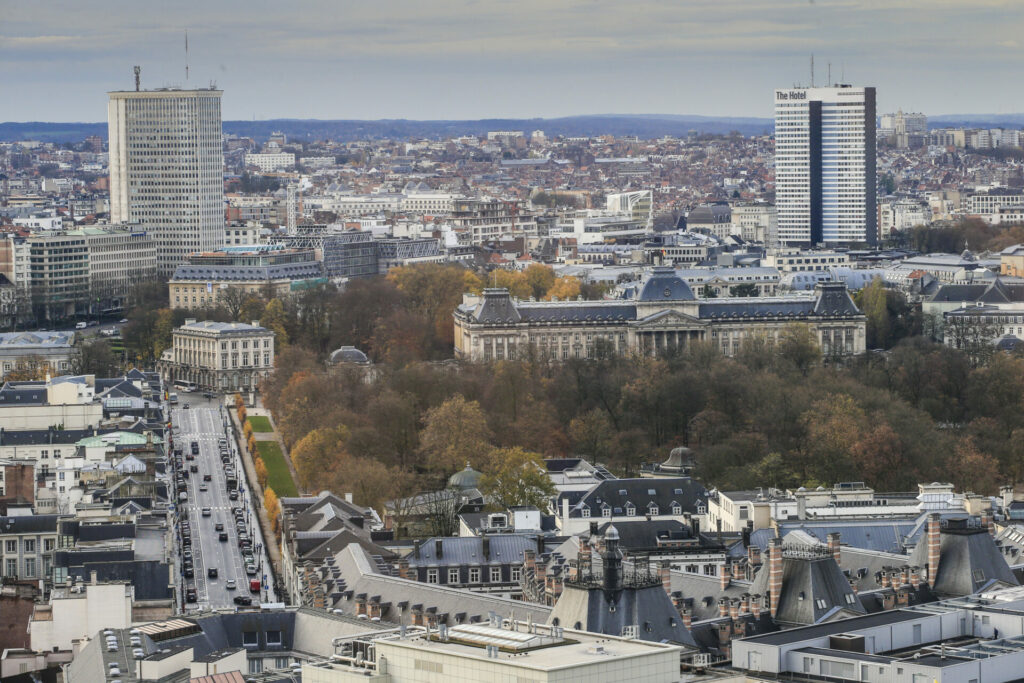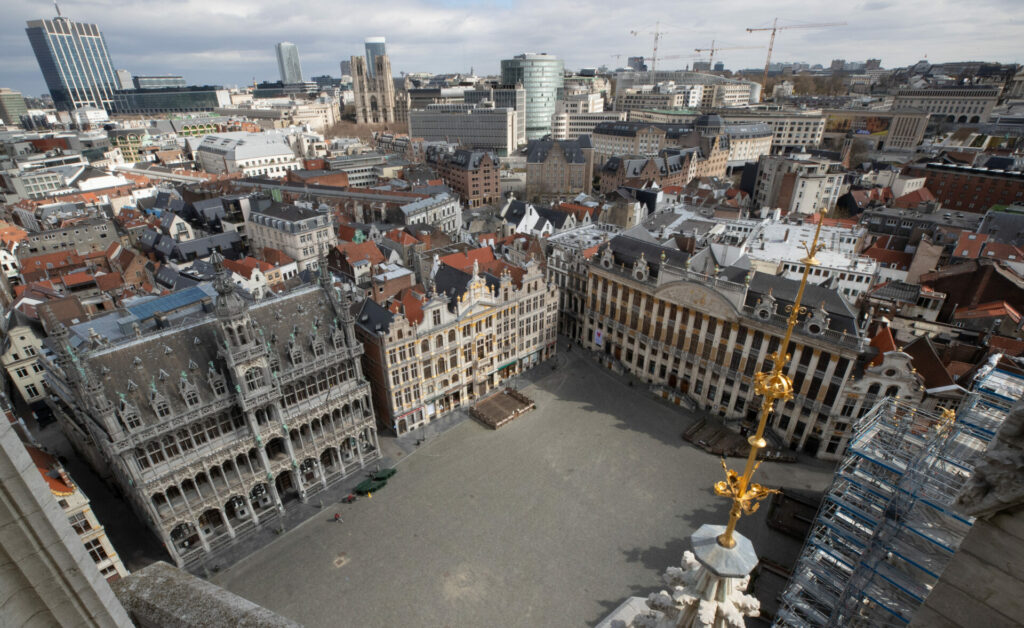Whilst users appreciate the practicality and competitive prices to be found on Airbnb, the Brussels-Capital Region is toughening its stance on the platform (and similar sites) in a campaign that it argues will put the needs of the city's residents above the demands of tourists.
Long aware of issues surrounding short-term rental accommodation, local ministers have increasingly found themselves in opposition to Airbnb as regulations make it harder for "hosts" (landlords) to operate in Brussels. Most recently, this saw a draft bill adopted by the Brussels government at the end of September.
Whilst the changes impose greater checks on rooms and properties listed for short-term rent, they don't hide the intention to safeguard the capital's existing hotels and B&Bs. Yet the bill, which local MPs will debate in November, has been strongly criticised by both Airbnb and representatives of short-term renters.
In particular, they denounce the array of procedures and administrative obligations that make it difficult to rent property legally via Airbnb. Far more than simply laying down basic safety requirements, the changes will necessitate that listed properties are registered with the regional body Brussels Economy and Employment.
Interviewed by Le Soir, president of Short Term Rental Belgium Grégory Huon explained that the net result is to deter would-be hosts, in particular with the fines of up to €10,000 that come with non-compliance.
Side hustle or cash cow?
Although the multinational platform portrays itself as a valuable source of income for people wishing to rent rooms or their whole property as an alternative to established hospitality locations, the concept has evolved in the 15 years since the site launched in the US. It is not uncommon for property owners to now see the site as their sole source of income and an easy way to advertise to a massive customer pool.
Brussels Minister-President Rudi Vervoort justifies the stricter regulations as a vital barrier to prevent the local housing market from being inflated by short-term tourist accommodation. He argues that cities that have not made a clear distinction between these types of property pay a penalty with serious social repercussions.
Lured by the superior income that can be made from renting to tourists, Brussels regulators calculate that in the last three years around 500 properties that were rented to locals are now being listed on Airbnb.
Not the first to get tough on Airbnb, the platform has been subject to increasingly firm regulations around the world. London has a 90-night cap on Airbnb rents each year; in New York owners are not permitted to rent for less than 30 consecutive days without being physically present (ie. residing) in the property.

An aerial view on Brussels, with The Hotel prominent on the skyline, and perhaps the mind of city administrators. Credit: Belga / Thierry Roge
Brussels filled with "illegal" listings
At present, the market for short-term rents has outgrown the capital's regulations, which stipulate that all properties be registered. More specifically, the city mandates that the use of the property conforms to the permis d'urbanisme (urban permit). These documents clearly define the function of a building; for instance, an office block cannot be turned into apartments without the official validation of the city.
For the purposes of Airbnb, a property can be a short-term lease for a maximum of 120 days each year. Any longer and it no longer fits within the parameters of a residential property – either the primary residence or a second home.
The fact that the 120-day limit is now problematic can be read as an indicator of how far Airbnb moved from its founding principles as a temporary rental platform. Indeed, the battle between Brussels and Airbnb is largely down to the way in which the site is used, and critics would argue, exploited.
Research by KU Leuven has found that the average Airbnb in Brussels is rented for 150 days each year, thereby exceeding the city's definition of a residential property. The same analysis, by researcher Wesley Gruijthuijsen, revealed that 70% of properties listed in Brussels are second homes, rather than rooms within the owner's primary residence.
As such, Short Term Rental Belgium estimates that between 95 and 98% of Airbnbs in Brussels don't comply with regulations – making them liable to fines.
Related News
- Belgium in Brief: Airbnb, the website where everyone's a winner?
- Airbnb bookings in decline in Brussels
Airbnb calculates that the typical host in Brussels made €4,800 in 2022. It warns that not only would the new regulations deprive property owners of income, it could also cost the capital's economy as not all users of the platform would stay in hotels instead.
As such, would the city lose out by making it harder to operate Airbnb listings? Critics of the changes highlight the financial gains that come with tourism and argue that it is nonsensical to inhibit this. In addition, many point to a change in travel habits as short holidays – especially city breaks – grow more popular.
Then again, there comes a point where too many tourists are a detriment to local communities and some cities are taking firm measures to promote quality tourists over sheer quantity. But exactly where the balance between tourism and local life is far less clear.

